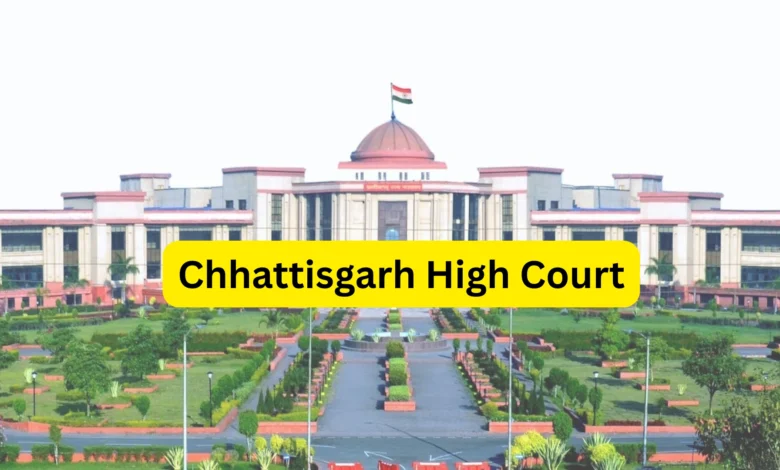Transfer Challenge Not Allowed Once Employee Joins New Post

A Division Bench of the Chhattisgarh High Court, comprising Chief Justice Ramesh Sinha and Justice Amitendra Kishore Prasad, ruled that a challenge to a transfer order is generally not allowed after an employee has joined the new post.
The plea was filed by a History teacher working at Government Girls Higher Secondary School, Abhanpur. He was declared surplus and transferred to a High School in Rajpur. Later, he appeared for counseling, but as there were no vacant posts in his subject, he was directed to attend divisional counseling. After that, he was posted to District Bastar.
A vacancy for a History Lecturer arose at his original school in Abhanpur after the In-charge Principal was promoted. The lecturer argued that he should have been allowed to stay at Abhanpur to take this position. He submitted requests to cancel his transfer. Despite this, he joined the new post. He then filed a writ petition in the High Court challenging the transfer order, which was dismissed by a Single Judge. He filed an appeal against this decision.
The lecturer argued that the transfer order was arbitrary and unnecessary. He said the Single Judge was wrong to reject his petition just because he had joined the new post. He claimed he joined the new post under compulsion and protest. He referred to a Supreme Court ruling in The Tamil Nadu Agricultural University & Anr. vs. R. Agila & Others, which stated that joining the new post does not prevent a challenge to the order.
He also pointed out that the Principal of Abhanpur School had requested that he not be declared surplus. He argued that the transfer went against the State’s rationalization policy because Abhanpur School was left without a History Lecturer, which defeated the purpose of rational allocation of teachers. He further claimed that the authorities did not inform him about available vacancies, including the History post at Abhanpur, during counseling, denying him a fair chance.
The State argued that the transfer order was issued according to the law and administrative policy. The State also said that the lecturer had already joined the new post, and the transfer followed the surplus teacher rationalization and counseling process.
The court noted that the lecturer challenged the transfer only after joining the new school. Referring to the Supreme Court case U.P. Singh v. Punjab National Bank, the court said that once an employee joins the transferred post, the order is considered accepted. Any grievance must be raised before joining.
The court also relied on Tarun Kanungo v. State of Chhattisgarh, which stated that a transfer order loses effect once it is fully executed. The proper remedy is to issue a new order, not to challenge an already executed transfer.
The court observed that the lecturer continued working at the transferred school, confirming that the transfer was implemented. It ruled that he had no right to stay at his former post after the transfer order was executed. Finding no error in the Single Judge’s decision, the High Court upheld it and dismissed the lecturer’s appeal.
- Download Court Order PDF (This PDF is available for Premium Users Only. Click here to join premium)
